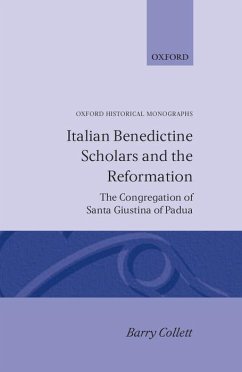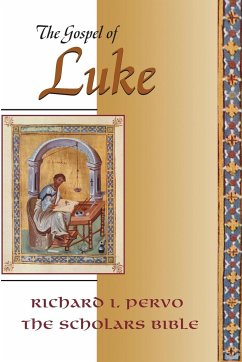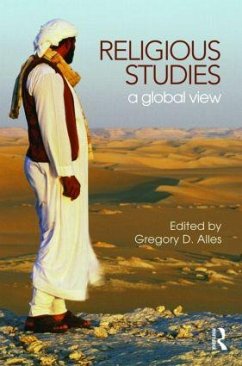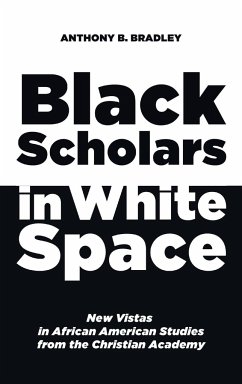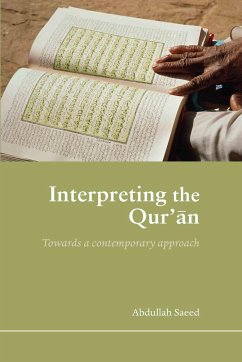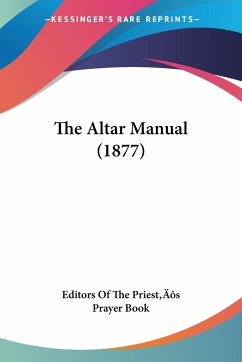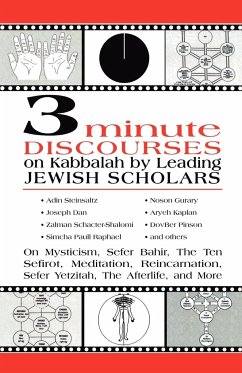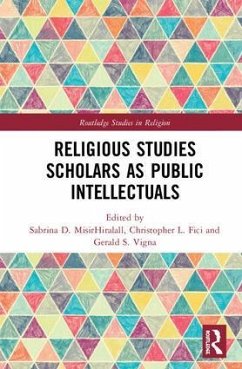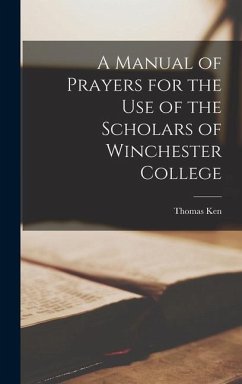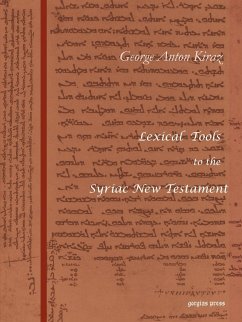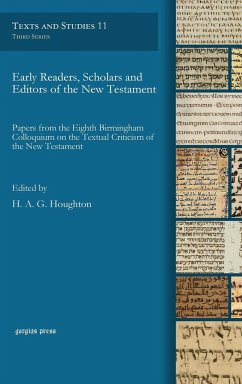
Early Readers, Scholars and Editors of the New Testament
Versandkostenfrei!
Versandfertig in 1-2 Wochen
99,99 €
inkl. MwSt.

PAYBACK Punkte
50 °P sammeln!
The New Testament text has a long and varied history, in which readers, scholars and editors all play a part. Understanding the ways in which these users engage with the text, including the physical form in which they encounter the Bible, its role in liturgy, the creation of scholarly apparatus and commentary, types of quotation and allusion, and creative rewriting in different languages or genres, offers insight into its tradition and dissemination. The ten papers in this volume present original research focusing on primary material in a variety of fields and languages. Their scope stretches ...
The New Testament text has a long and varied history, in which readers, scholars and editors all play a part. Understanding the ways in which these users engage with the text, including the physical form in which they encounter the Bible, its role in liturgy, the creation of scholarly apparatus and commentary, types of quotation and allusion, and creative rewriting in different languages or genres, offers insight into its tradition and dissemination. The ten papers in this volume present original research focusing on primary material in a variety of fields and languages. Their scope stretches from the evidence in the gospels for 'ministers of the word', and the sources used by the evangelists, to the complex history and politics of a twentieth-century critical edition. Key third- and fourth-century figures are assessed, including Origen, Eusebius of Caesarea and Augustine, as well as an anonymous commentary on Paul used by Pelagius and only preserved in a single ninth-century manuscript. Traces of a pre-Vulgate Latin version are detected in the poetry of Sedulius, while early translations in general are explored as a way of shedding light on the initial reception of the gospels. One of the earliest scholarly 'editions' of the gospels, underlying the manuscripts known as Family 1, is examined in Mark. The contributors were all participants in the eighth Birmingham Colloquium on the Textual Criticism of the New Testament, an international gathering of established and emerging scholars whose work reflects the excitement and diversity of New Testament textual scholarship today.



